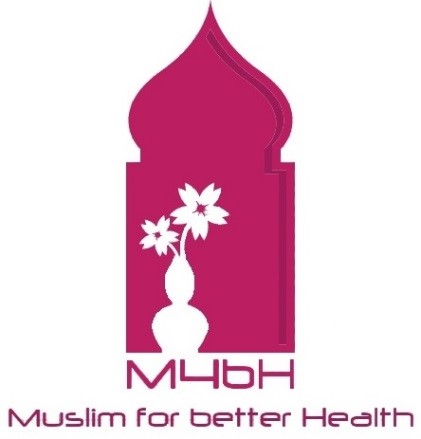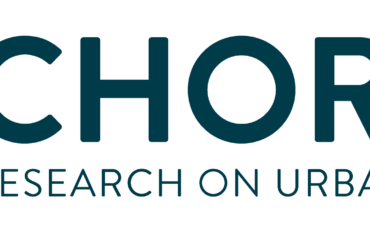Attending school is a major challenge for children who live in the urban slums of Dhaka city. To address this problem, various NGOs and volunteers have established street schools and night schools, which have become an essential part of poor urban communities. In this context, CRUCIBLE aims to understand the current situation and promote health literacy among children aged 7-14 in informal settlement schools in Bangladesh. The aim of this scoping study is to engage key stakeholders in Bangladesh in the co-design of an intervention, to provide evidence of the priorities, and to support mutual understanding of potential challenges and constraints.
The study has three linked stages. Stage one includes documentary review (both published and unpublished) on arts-based approaches used in formal and informal educational contexts for health promotion in Urban Bangladesh. Stage two involves the process of stakeholder mapping from the Policy (Ministry of Primary Education), practice (NGOs, CBOs) and the community (community leaders, teachers and parents, etc.). Using semi-structured interviews, the next stage will engage these key stakeholders to understand their needs, priorities, perceptions, and experience around using arts-based educational approaches for community engagement to talk about health and well-being. The final stage aims to bring together the responses from the interviews and discussions with the key stakeholders to critically analyse the findings that will inform our understanding of the stakeholder priorities and needs.
Funding Agency: University of Leeds, UK
Sponsor: University of Leeds, UK
Partner Organisations: James P. Grant School of Public Health of BRAC University
Duration: May, 2022 – October, 2023




